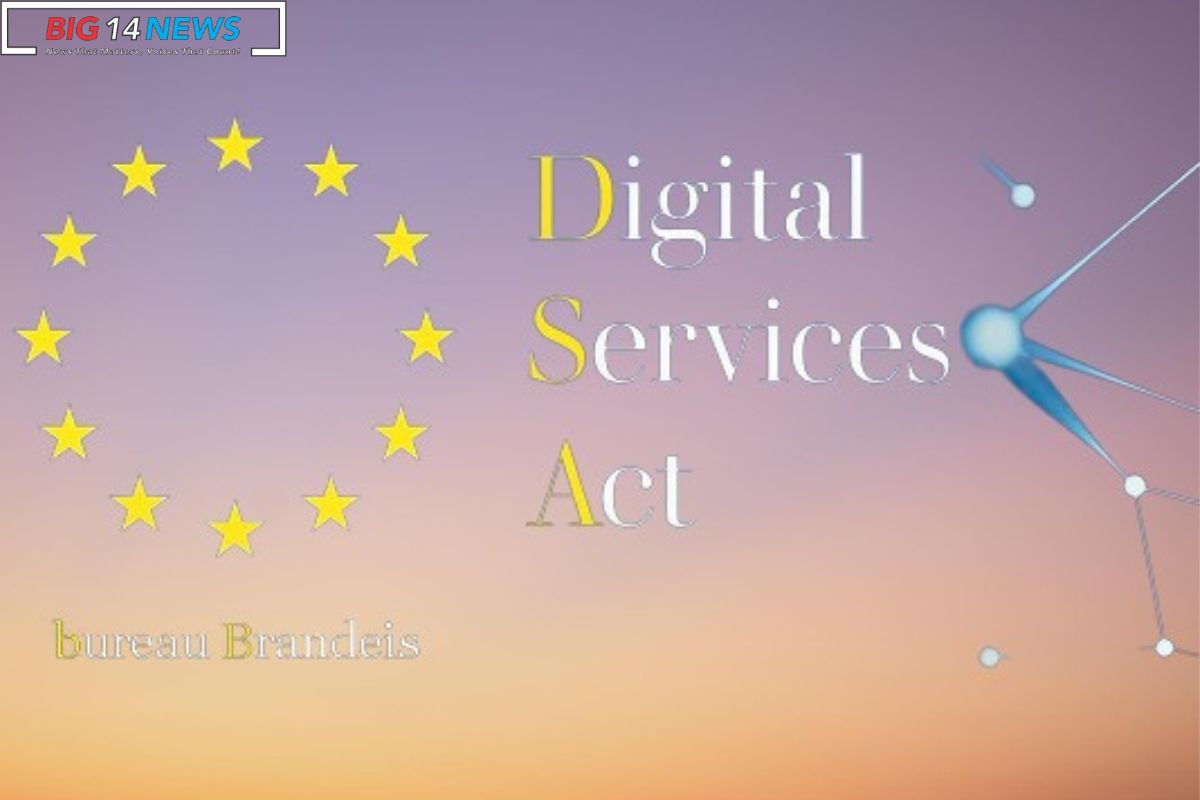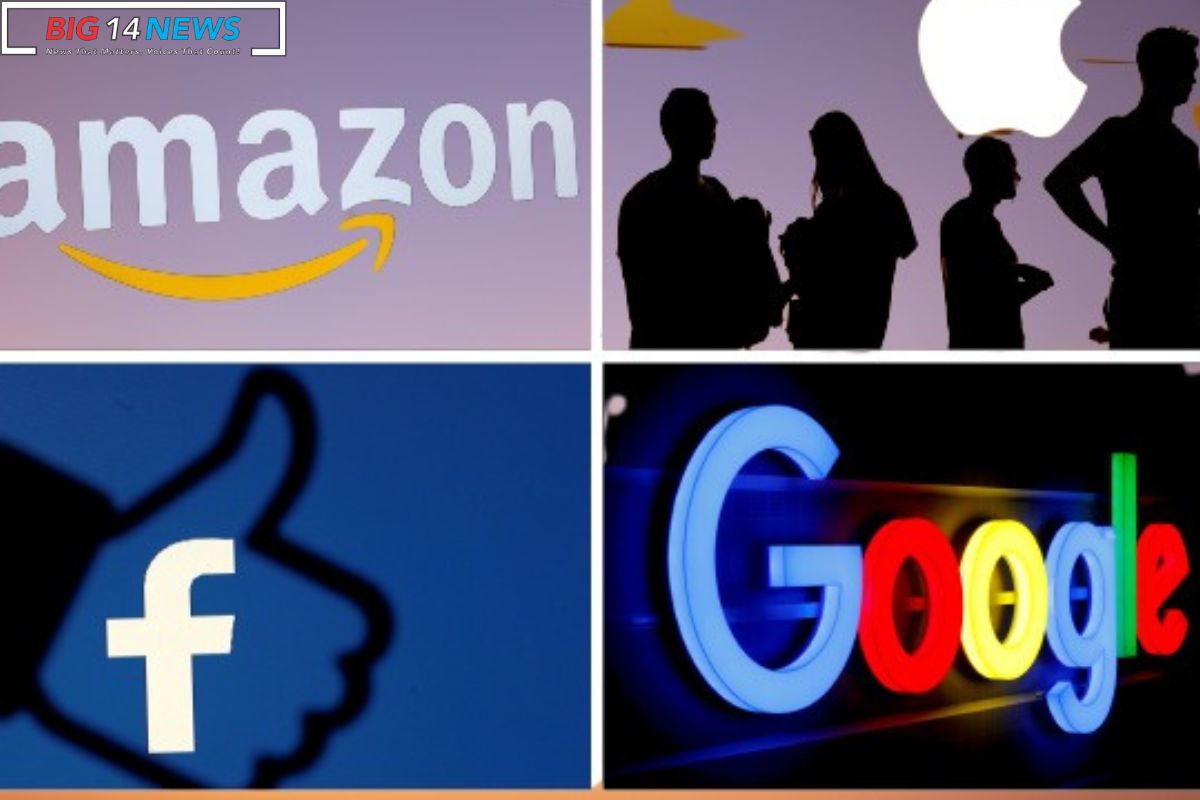Digital Services Act: The bold EU Digital Services Act passed. A huge step toward taking over the world’s biggest tech corporations. This ruling will lead to new content control, user privacy, and openness requirements, changing technology regulation worldwide.
Digital giants like Meta’s Faceb ook and Instagram, Apple’s massive App Store, and some Google sites will have to take on additional European duties starting Friday. These restrictions prevent dangerous material from spreading, limit or ban user-targeting, and ensure that government agencies and researchers can access certain private data.
This EU decision reveals that the region leads technological control. The Digital Markets Act and Artificial Intelligence Act, which will soon be passed, will make the EU a prominent player in this sector. If the EU can implement and monitor these regulations, it could lead to global law reforms.
History suggests that creating regulations is simpler than following them. Researchers are losing confidence that these enterprises can achieve government criteria. The DSA currently controls only the 19 largest web sites, which have over 45 million EU users. By mid-February, the DSA will have contacted several internet groups, big and small.
Not following the rules will cost you dearly. If a business violates DSA guidelines, it could be fined 6% of its global revenue. Breaking the guideline more than once could lead to a European business ban, which is worse.
These companies are at best ambivalent about horrible things happening. Many people choose to remain anonymous or hide their names behind their blog articles.
Online shopping giant Amazon and German fashion sensation Zalando have sued the DSA to discover out why they’re on its watchlist. Keller Postman data and privacy litigation expert Kingsley Hayes stated, “Platforms are likely to go to war to defend their way of doing business, especially if they have to follow rules that hurt their core business models.” “This is especially true when they must follow rules that harm their core business models.”
The European Commission led stress testing of the DSA. It was done because it was right. These in-depth studies investigated whether platforms can detect, manage, and eliminate systemic problems, particularly disinformation.
Facebook, Instagram, Twitter, TikTok, and Snapchat fought. The Commission agreed that each platform needed a lot of development before moving forward.


READ MORE: Digital Wellness in the Tech Age: Balancing Devices, Mental Health Apps, and E-Therapy
A recent Eko nonprofit research found that content filtering isn’t strict enough. This deepened the mystery. Facebook permits deadly ads like those calling for immigrant violence or the murder of a prominent European Parliament member. It also proved that Facebook allows offensive adverts. The size of the group determined Meta’s case. They stated the small sample size didn’t represent their global work. Eko’s analysis resulted to these adverts being removed immediately, but Meta’s argument was scale.
Global Witness, which monitors things, also highlighted these flaws. From their investigation, Facebook, TikTok, and YouTube on Google’s platform all ran ads calling for LGBT violence in Ireland. As predicted considering their companies, Meta and TikTok acknowledged they still don’t like hate speech. However, Google did not comment.
Amazon and Zalando aren’t sure if they should join the DSA, even if no company has rejected it. The Luxembourg General Court upheld Amazon’s claim that larger EU competitors might avoid the DSA. Amazon deployed features that meet DSA criteria despite concerns. Customers can now report product information errors with these features.
Zalando agrees, saying its consumers, especially third-party vendors, don’t meet DSA rules. You may buy clothes and more online at Zalando. Hayes predicted: “The crucial test will shortly reveal if corporations have evaded the law. Sites with many users will struggle to fulfill these duties.
In conclusion, the Digital Services Act advances technology control. It might transform digital government worldwide and consolidate the European Union’s function as a watchdog in a constantly changing digital environment if implemented correctly.
Our Reader’s Queries
What does the Digital Services Act cover?
The Digital Services Act provides a solid framework for everyone in the online world to tackle illegal products. Platforms must have procedures for removing illegal goods, and online marketplaces need to know their traders through a “know your business customer” approach.
What is the Digital Services Act for dummies?
The Digital Services Act (DSA) aims to create safer digital spaces. This means that online platforms are required to have systems in place to stop and delete any posts that offer illegal items or contain harmful content. At the same time, users should have ways to report such content.
Does the US have a Digital Services Act?
The Digital Services Act and Digital Markets Act, part of the Digital Services Act package, went into force in November 2022.
What is the Digital Services Act 25 August 2023?
The Digital Services Act officially took effect on August 25, 2023, targeting the big players in the online platform and search engine world. However, it won’t be fully applicable to other entities until February 17, 2024. So, the major players need to be on their toes, while the smaller fish have a bit of breathing room before the new regulations kick in.

